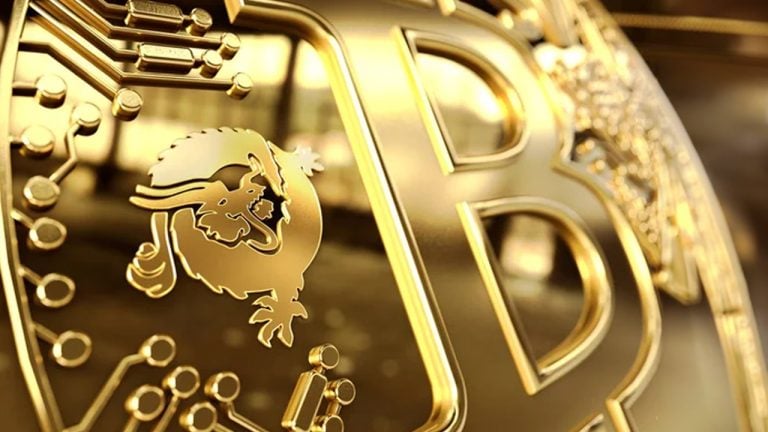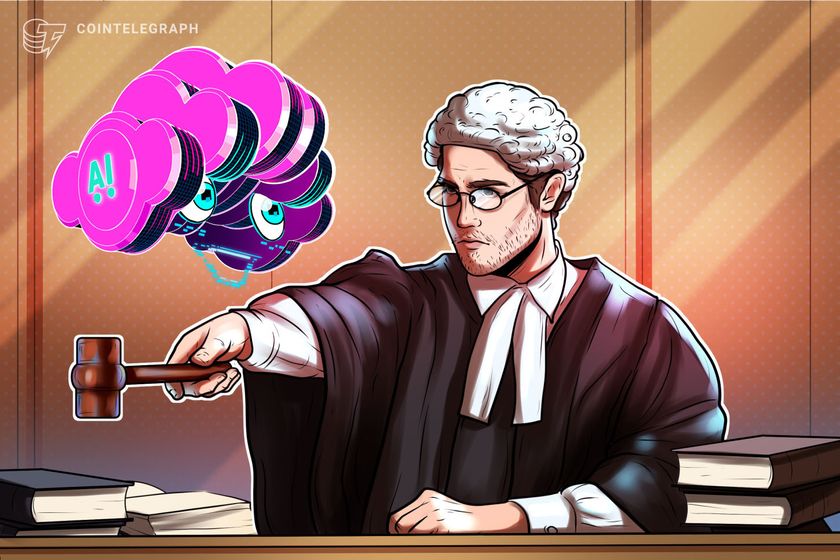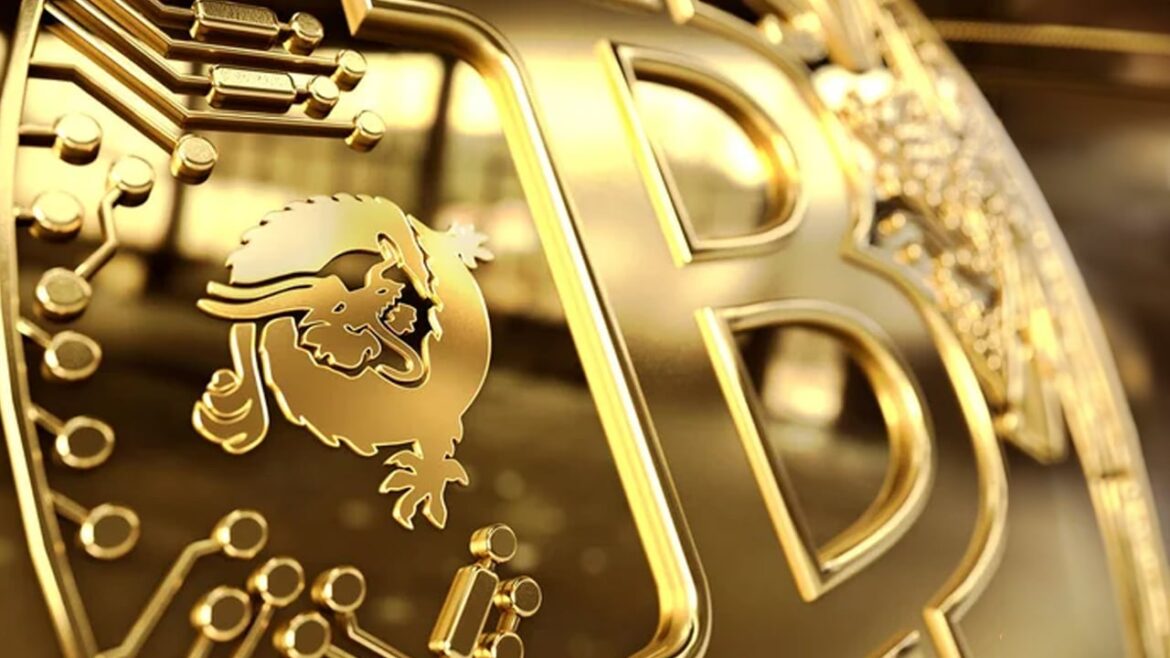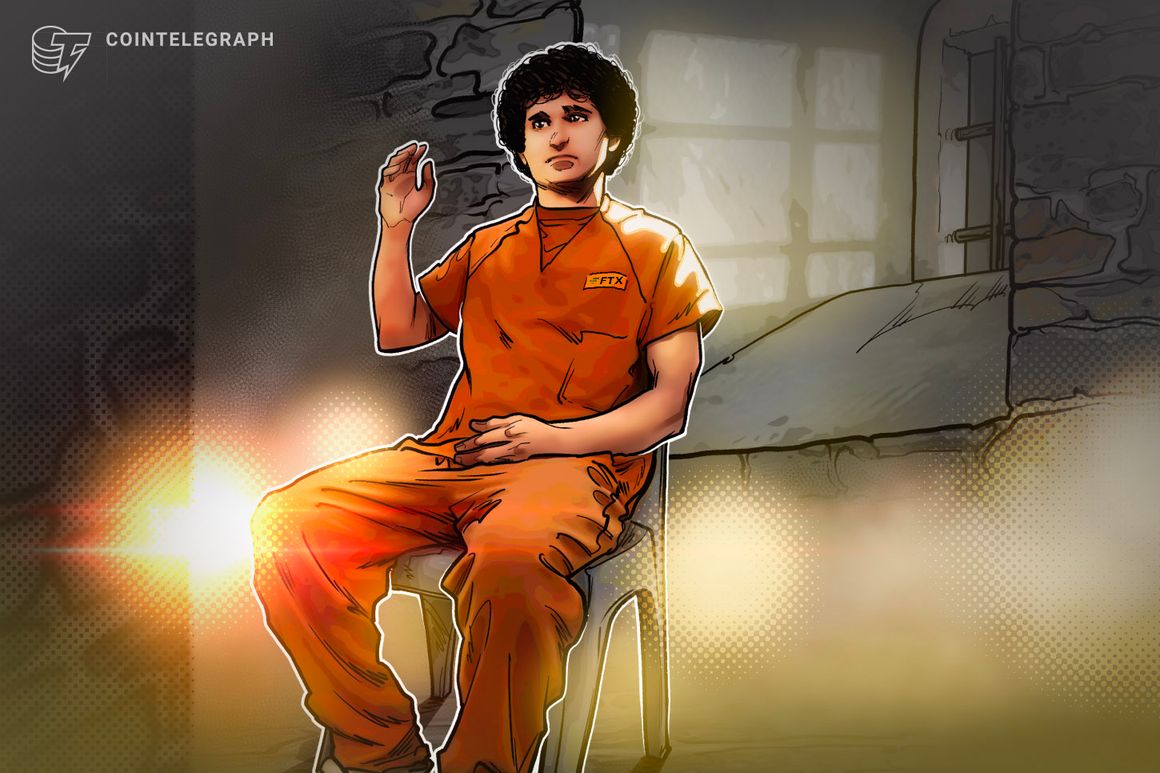 In recent times, the cryptocurrency landscape has experienced a widespread decline, yet the digital asset bitcoinsv, known for its associations with Craig Wright, has seen the most significant weekly downturn within the crypto sphere, dropping 18.9% versus the U.S. dollar in seven days. This decline in bitcoinsv’s value closely follows the verdict by U.K. Judge […]
In recent times, the cryptocurrency landscape has experienced a widespread decline, yet the digital asset bitcoinsv, known for its associations with Craig Wright, has seen the most significant weekly downturn within the crypto sphere, dropping 18.9% versus the U.S. dollar in seven days. This decline in bitcoinsv’s value closely follows the verdict by U.K. Judge […]
Source link
Judges

A group of four senior judges in the United Kingdom have issued judicial guidance for artificial intelligence (AI), which deals with the “responsible use” of AI in courts and tribunals.
The guidance, published on Dec. 12, is directed toward magistrates, tribunal panel members and judges in England and Wales, and it is intended to inform and warn court officials.
The guidance points out potentially useful instances of AI usage, primarily in administrative aspects such as summarizing texts, writing presentations and composing emails.
England’s second most senior judge, Sir Geoffrey Vos, said AI provides “great opportunities for the justice system, but because it’s so new we need to make sure that judges at all levels understand [it properly].”
However, most of the guidance cautions judges to be vigilant about consuming false information produced through AI searches and summaries, as well as cautious about anything false being produced by AI in their name. Particularly not recommended is the use of AI for legal research and analysis.
The guidance said information provided by AI tools “may be inaccurate, incomplete, misleading or out of date.” Also, it noted that United States laws may influence most AI systems. “Even if it purports to represent English law, it may not do so.”
As it stands, judges in England and Wales are not obliged to reveal any prep work before producing a judgment.
According to the issuing judges, this guidance is the first step in a “suite of future work” to support judiciary interactions with AI. In the future, the judiciary in both courts and tribunals will have the opportunity to take a survey and submit any questions.
Related: Microsoft faces UK antitrust probe over OpenAI deal structure
This judicial guidance comes shortly after the U.K. held its inaugural AI Safety Summit at the beginning of November.
The event gathered officials from countries worldwide, heads of prominent tech companies developing in the space, and other thought leaders to discuss the future of AI safety.
On Dec. 8, the European Union reached an agreement about its landmark AI regulation, which touches on various facets of regulating the technology, including governmental use, transparency requirements and regulating powerful AI models such as ChatGPT.
Magazine: Real AI use cases in crypto: Crypto-based AI markets, and AI financial analysis

A three-judge panel from the United States Court of Appeals for the Second Circuit has denied a motion for early release for former FTX CEO Sam Bankman-Fried, or SBF.
In a Sept. 21 order, Circuit Judges John M. Walker Jr., Denny Chin and William Nardini denied SBF’s motion for early release, which his team argued was largely due to First Amendment issues. The ruling said Lewis Kaplan — the judge overseeing SBF’s criminal case — had “correctly determined” that Bankman-Fried’s speech amounted to witness tampering.
“The record shows that the district court thoroughly considered all of the relevant factors, including [Bankman-Fried’s] course of conduct over time that had required the district court to repeatedly tighten the conditions of release,” said the Sept. 21 order. “It also shows that the district court contemplated a less restrictive alternative offered by [SBF] — an order limiting his communications with the press — but reasonably concluded this was not ‘a workable solution longer term.’”
The judges added:
“The district court did not err in concluding that [SBF] had failed to rebut the presumption in favor of detention. We have reviewed [the defense team’s] additional arguments and find them unpersuasive.”
Bankman-Fried previously admitted to releasing former Alameda Research CEO Caroline Ellison’s private journals to a New York Times reporter, resulting in some of their contents being published — an act prosecutors labeled as witness intimidation. SBF’s lawyers also argued for early release from jail on the grounds that the lack of consistent internet access prevented him from preparing an adequate defense for his criminal trial.
Related: Judge grants DOJ motions barring testimony of Sam Bankman-Fried’s witnesses
The court had been deliberating on the matter following a Sept. 19 hearing in which both the Justice Department and SBF’s defense team had roughly five minutes to present their cases for the former FTX CEO remaining in jail and early release, respectively. Judge Kaplan revoked SBF’s $250-million bail on Aug. 11, whereupon he was remanded to the Metropolitan Detention Center in Brooklyn.
The appellate court ruling was likely one of the last chances for Bankman-Fried to be freed ahead of his first criminal trial, scheduled to begin on Oct. 3 — less than two weeks. His second trial is expected to start in March 2024. He has pleaded not guilty to all charges.
Magazine: Can you trust crypto exchanges after the collapse of FTX?



